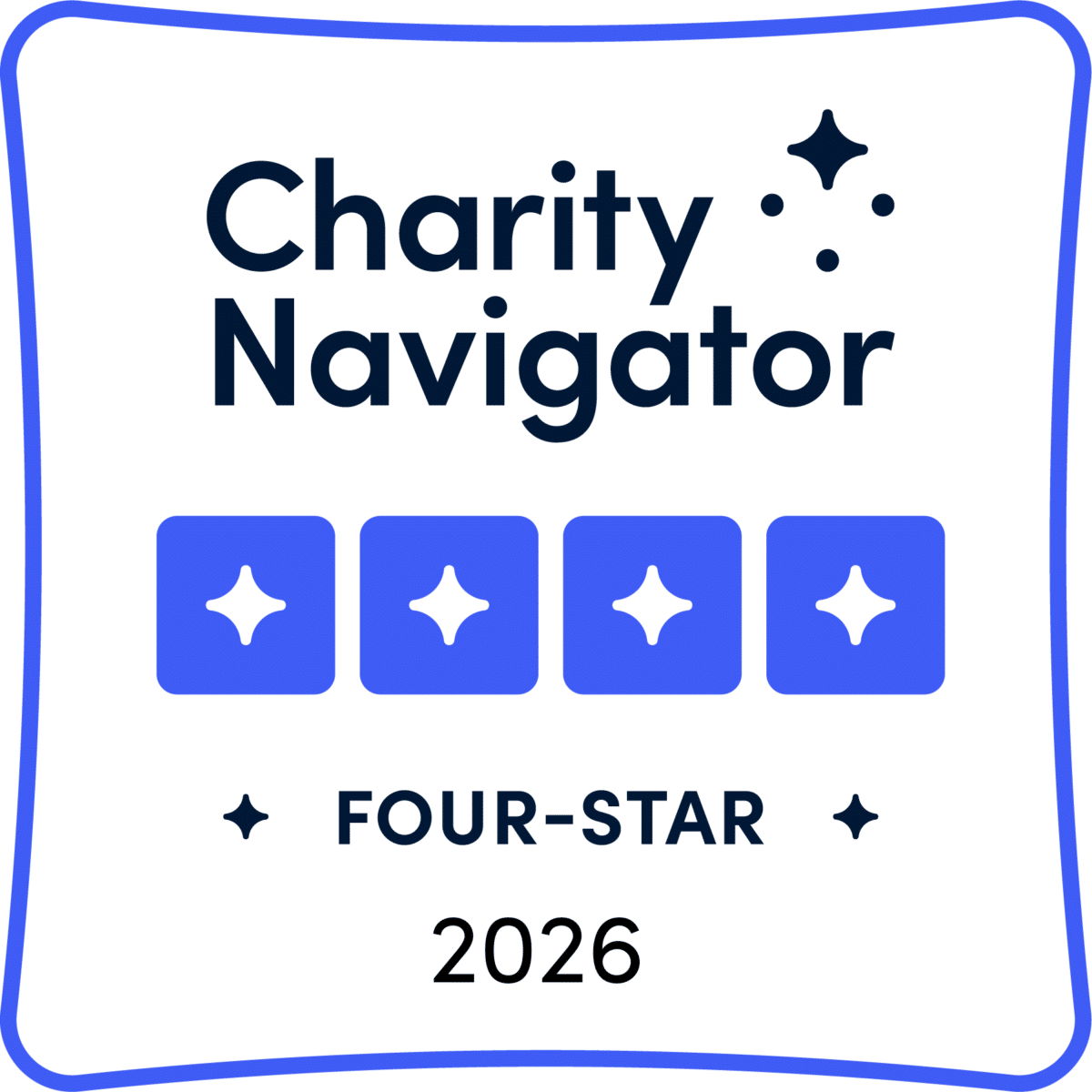September 24, 2025
NEW YORK, NY – September 24, 2025 – The Last Prisoner Project (LPP) will host its sold-out second annual Journey to Justice Gala on Wednesday, October 15, at Sony Hall in New York City, bringing together artists, advocates, and supporters to celebrate progress toward ending the War on Cannabis. This year’s gala will spotlight the resilience of individuals directly impacted by cannabis incarceration, sharing their stories through powerful performances and heartfelt tributes. Special guests include NBA All-Star Carmelo Anthony , co-founder of Grand National with Jesce Horton, and Brandon “Beedy” Pierce—an agency supporting LPP. Also in attendance will be NFL Hall of Famer Calvin Johnson , Eddie, and Dr. Wendy Osefo of The Real Housewives of Potomac , and comedian and actor Guy Torry , who will serve as the evening’s MC. Additional guests include Jason Flom , Khaliah Ali , and Fab 5 Freddy . The night will also feature a live performance by Joy Oladokun and Bartees Strange and a DJ set by Keith Shocklee , founding member of Public Enemy. “I’m just thrilled to lend a voice to such a noble cause, so that everyone who supports Happy Eddie through purchasing my products will know that no one should be in prison for something that is now legal in many states,” said Eddie Osefo, owner of Happy Eddie . “As we come together as a community to celebrate and advocate for criminal justice reform and lessening social stigmas around cannabis, we must remember to support organizations like LPP that provide prisoner support initiatives aiming to improve the lives of incarcerated constituents by providing them with financial and emotional support during their time behind bars." The gala will honor LPP constituents who have returned home and are now advocating for others. Award recipients include Mario Ramos , who served 13 months for cannabis before opening his New York City dispensary, Conbud, and Deshaun Durham , granted clemency by Kansas Governor Laura Kelly last year, who now champions reform efforts. The evening will also recognize the work of LPP’s Cannabis Justice Initiative (CJI) , which has saved constituents more than 350 years of unjust sentences, including seven life sentences. Additional honorees include Leonel Villaseñor and Jose Sepulveda, two federal clemency recipients who returned home earlier this year. Stephanie Shepard, who served a 10-year federal sentence and is now Board Chairwoman and Director of Advocacy at Last Prisoner Project , said, “The Journey to Justice Gala is a powerful celebration of freedom and the lives forever changed through our work. This year, we’re honored to uplift several of our formerly incarcerated constituents—like DeShaun Durham, who is now thriving and leading in his community after years behind bars for cannabis. Your attendance helps us raise the critical funds needed to support more stories like his. Join us for a night of purpose, progress, and people power.” Proceeds from the sold-out event will directly support Last Prisoner Project’s legal, policy, and reentry programs, ensuring their longevity and impact. Last Prisoner Project thanks its sponsors — Goodwin, DeLisioso, Gotham, Grand National, General Hydroponics, Vladick, Raskin and Clark, Edie Parker, Free My Weedman, Happy Eddie, Primitiv, GTI, iAnthus, ConBud, Ethos Cannabis, BATCH, PuffCo, Sweed, and Ben and Jerry’s— for making this evening possible. Additional thanks go to newly added sponsors Dutchie, Ayrloom, Emerald Dispensary, Flower Mill, 3isFor, and Canopy USA. For more information or to view sponsorship packages, visit the Last Prisoner Project Gala website. For Media Inquiries: Will Mesinger, West End Strategy Team wmesinger@westendstrategy.com | LPP@westendstrategy.com






